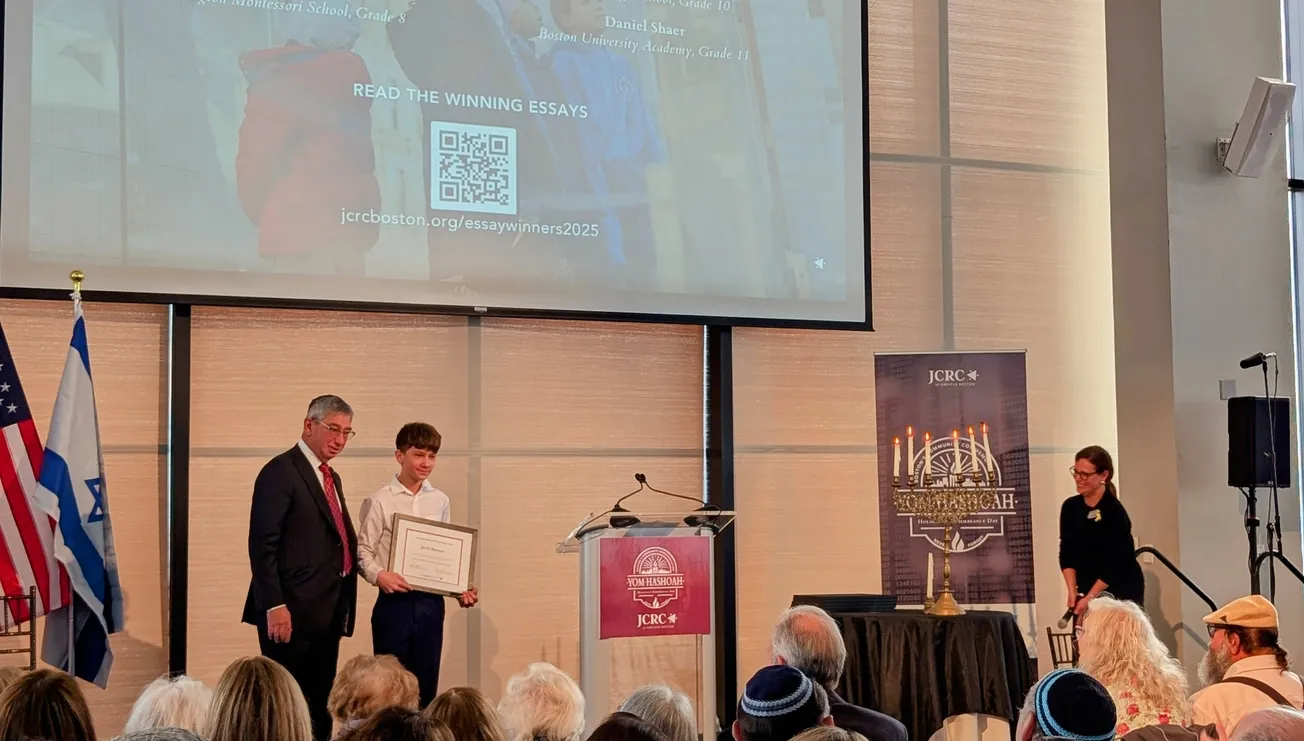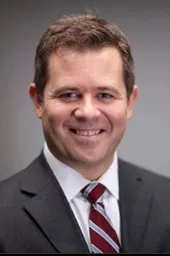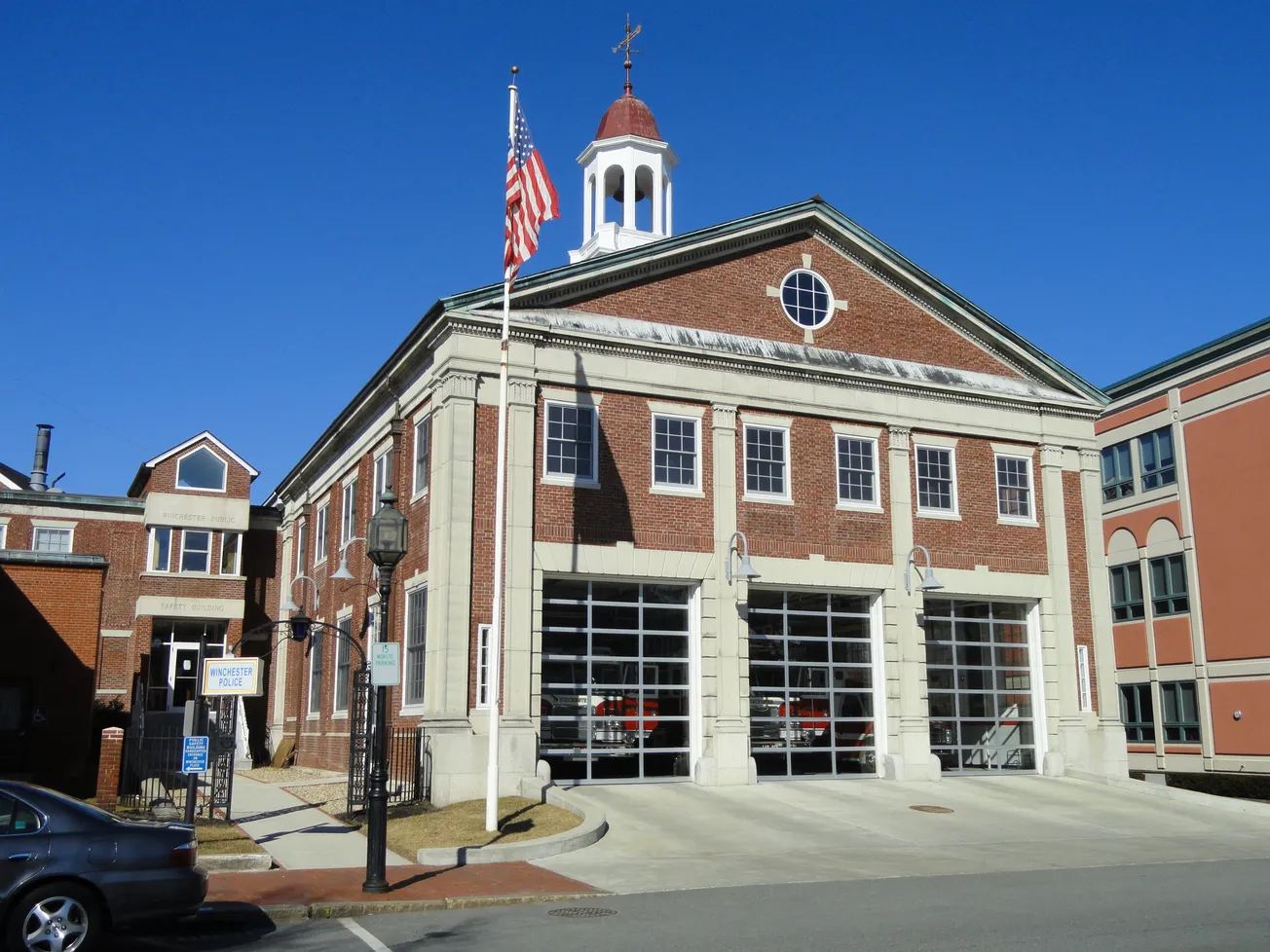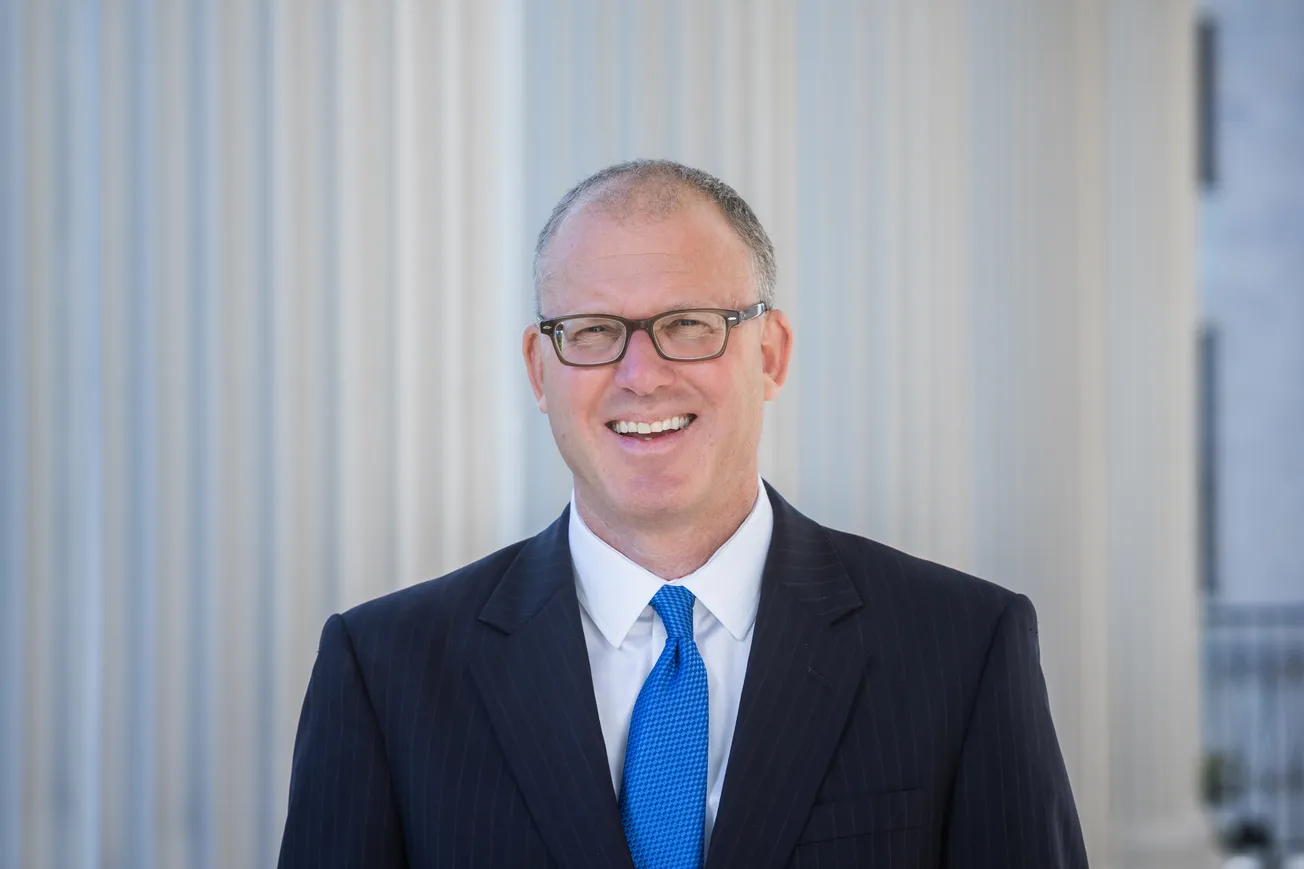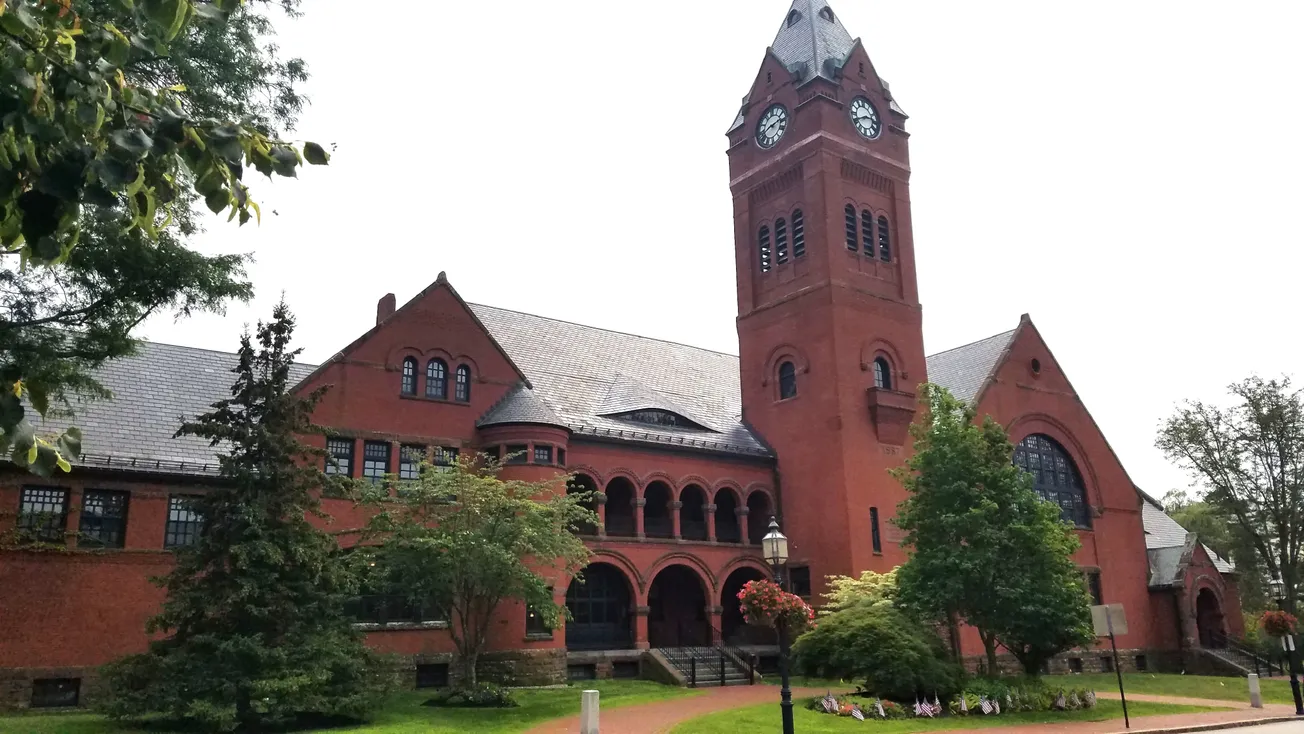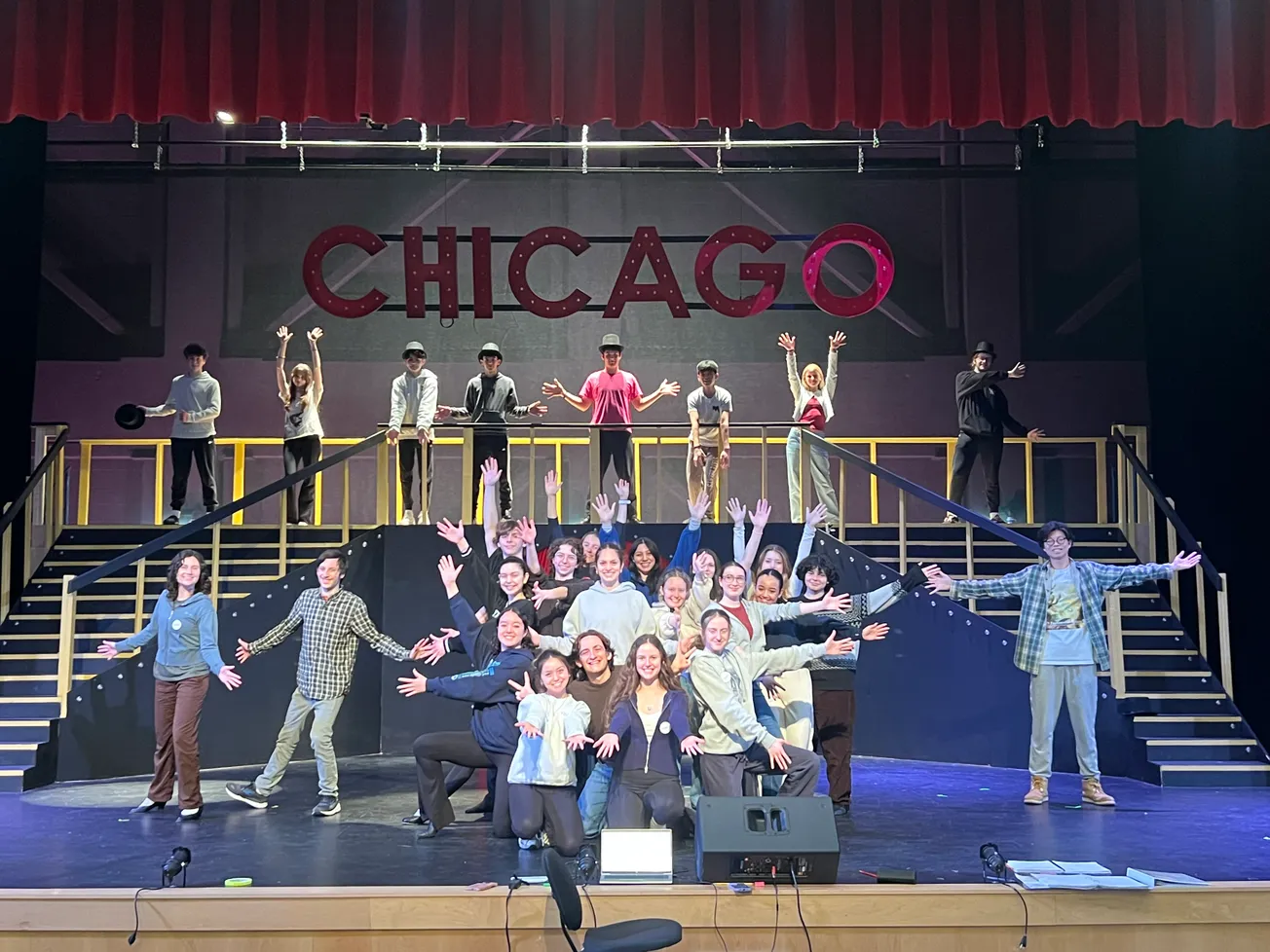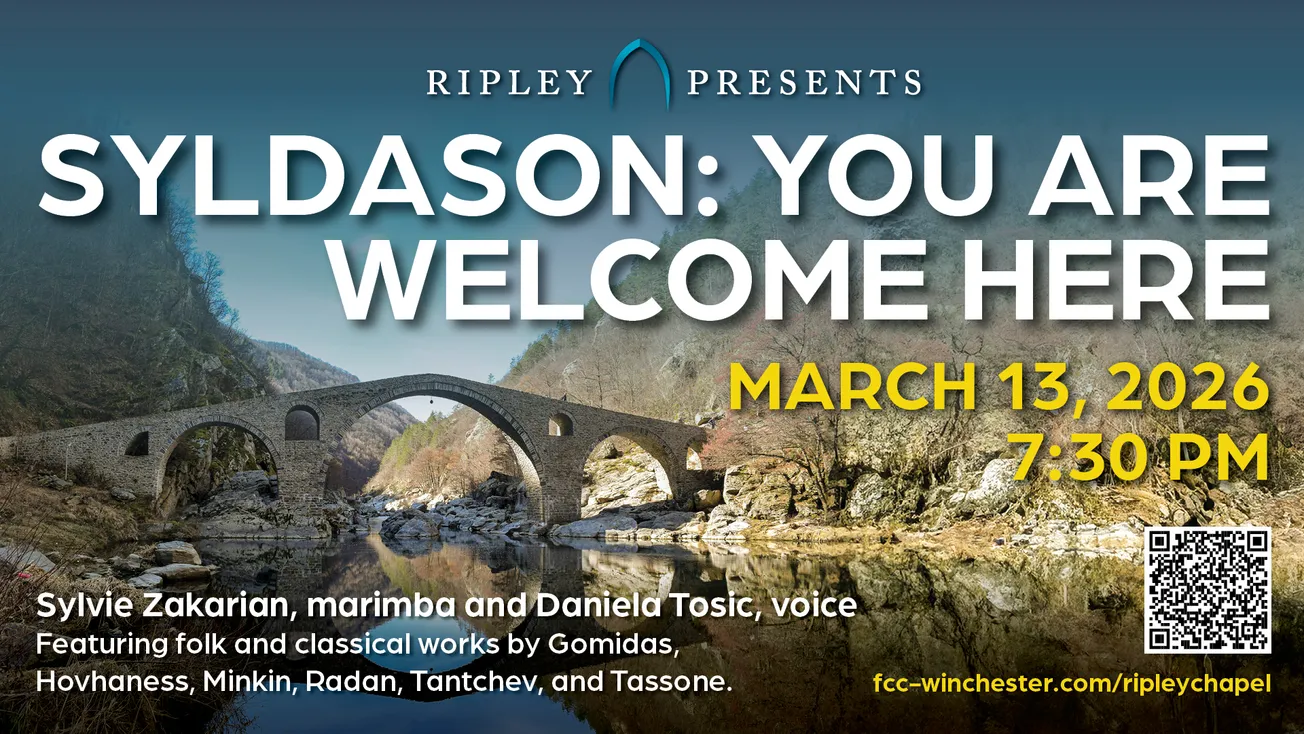Table of Contents
On April 27, McCall Middle School seventh grader Jacob Brenner was recognized among the six winners of the 19th Annual Israel Arbeiter Holocaust Essay Contest, a competition that is part of the annual Boston’s Community Commemoration of Yom HaShoah.
The six students from Greater Boston, who received framed certificates onstage from Arbeiter’s son Jack at the downtown State Room event, will also travel to Washington this spring on an educational trip to the U.S. Holocaust Memorial Museum.
Brenner was joined by Jessica Marill, an eighth grader at Weston Middle School; Ashley Tsymbal, an eighth grader at Lexington Montessori School; Leah Farb, an 11th grader at Noble and Greenough School; Navya Karki, a 10th grader at Bedford High School; and Daniel Shaer, an 11th grader at Boston University Academy.
In his response to the contest’s very provocative and consequential queries, Brenner begins with a declarative quote from Resistance movement member and Auschwitz-Birkenau survivor Iby Knill: “Teach young people to accept differences, to understand them and to honor them … unless young people learn that, there is really no future for civilization, because genocide in one shape or another will take place.”
It was the Holocaust that affected Brenner, where Hebrew School and Jewish observances never previously had.
“I felt both shock and disbelief, then anger,” he wrote in his submission. “These were my people. The more I learned, the more reasons I had to hate – the opposite of what the world needs.”
Caught in a vicious cycle of hatred, Brenner began reading Holocaust stories that might teach him about his own choices. From Knill’s harrowing accounts of escape and survival, he developed an admiration for her “mental and physical strength to survive, and then [how she] went on to dedicate her life to educating young people to spread her message of acceptance and inclusion.”
The April 27 event also included interludes with the Zachor Choral Ensemble and the ShenaniGanns a cappella group, candle lightings for the six million Jews, survivors in the Boston community who recently passed, liberating soldiers Ellsworth “Al” Rosen and Cranston “Chan” Rogers, who both died this past year, and family members of those present.
Survivor Tamara Lvovich shared her testimony for the first time and consuls general of Israel and Germany Benny Sharoni and Dr. Sonja Kreibich and Boston Mayor Michelle Wu gave remarks (and with her baby daughter, Wu joined the post-event observance at the New England Holocaust Memorial). Other attendees included Boston City Councilors Ed Flynn and Ben Weber, state Rep. Tommy Vitolo and JALSA Director Cindy Rowe.
Brenner learned about the contest at his Jewish school, where classmates were able to work on their essays. He’s a well-rounded young man who has sought out new ideas and built learning skills through involvements like track, the math team, singing, and Jewish cultural studies.
“In my middle school’s math team, we recently took part in a math competition called Purple Comet,” he wrote in an email. “In our singing group, we will soon compete in a competition. My track team will be in a meet in a few weeks, and I hope to qualify for states in the future.”
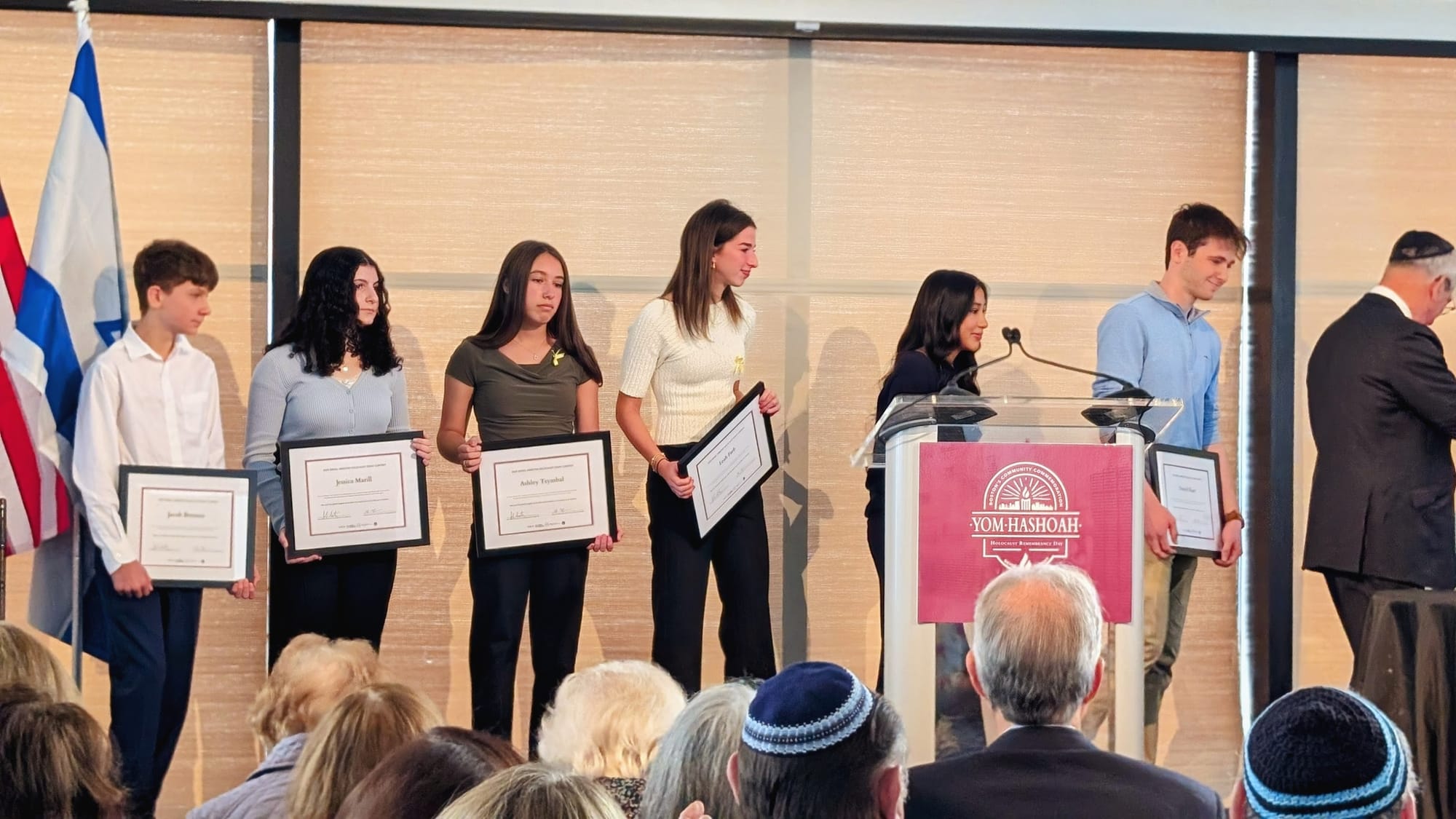
That’s not all.
“My temple’s seventh-grade Jewish school recently ended, but I still attend Shabbat services from time to time,” he added.
Busy guy, and he knows it.
“Although my packed schedule can be somewhat overwhelming,” he explained, “I enjoy having a wide variety of hobbies.”
What does he think his future will hold?
“Most kids my age are told not to worry about their future occupation and the field that they are thinking about working in, and I am one of those kids,” Brenner said, with an anecdote: “My dad tells me the story of when I was young, I told him that I wanted to be a doctor and help babies, although I don’t specifically want to be a doctor, but I do want to help people.”
And now?
“Now, I like the idea of being an engineer who makes people’s lives better through innovations, or a lawyer who defends people,” he mused.
Each year, the thoughts and writings of these young Bostonians are an integral part of the Yom HaShoah event.
“The essay contest honors Holocaust survivor Izzy Arbeiter and engages students across Greater Boston with weighty historical themes that are still relevant today,” event coordinator JCRC explained in the call for submissions flyer.
The essay prompts vary, and this year, there were three: 1) “What parts of Holocaust history are most important for us to remember today?” 2) “How can learning about the Holocaust help us confront contemporary antisemitism and hate?” and 3) “How can you, your peers, or your school foster a more inclusive community?”
The 400-800 word entries were judged on originality, knowledge, style, and depth.
Brenner’s essay details his personal transition toward a part of Jewish history that spoke to him.
“From kindergarten through fourth grade, once a week, I attended Hebrew School, but I thought it was a waste of two hours,” he recalled in the submission. “I never felt connected to it, and I stared off into space as we talked about history and learned Hebrew, never what I was interested in: God, current events, or what it meant to be Jewish.”
Hebrew School thus ended for him, but not his curiosity.
“Early in seventh grade, I felt I needed a driving force to find my identity and figure out what would be important enough to shape who I was,” he continued.
He decided to return to religious school to work through his many thoughts, and was changed.
“When I ... was introduced to the true, horrific story of the Shoah, the Holocaust, I felt both shock and disbelief, then anger,” he wrote.
“But one day, seething with anger, I realized that I was angry at my anger, and that I was stuck,” Brenner continued. “I knew I needed to view the Holocaust from a different perspective, to connect to the Holocaust and relate individual stories to my own life to influence my choices.”
Brenner also realized that he’d been too afraid of retribution or bullying when he’d seen acts of hate.
“I believe being a bystander is worse than being an oppressor when the act includes biased attitudes or worse,” he wrote. “In the past, when confronted with antisemitism, I was caught in the bystander effect. I didn’t know what to do and ended up not saying anything instead of teaching that what someone was saying was bad.”
Now, if he hears antisemitic comments, he’ll tell those kids that it’s not OK.
“I’d rather be made fun of for standing up for someone than to be made fun of for my identity,” he wrote.
Eliminating bullying may not be possible, he conceded.
“[But] schools can teach students how to handle it better, to create a better community and environment,” he said.
How did it feel to have his entry selected as a winner?
“After submitting my essay, I had low hopes of winning, but the day I saw the email, I was in school,” he recalled. “I immediately went to my school’s office and called my dad, then my mom, and it was clear they were both very happy for me. In terms of my feelings, I was just happy that I had put all the work into the essay, repeatedly revising it, and I greatly appreciate all the help from my aunt and Jewish school teacher.”
Brenner has planned out the upcoming trip, which will be his second time in the nation’s capital.
“Several years ago I went to Washington, but I was too young to see the Holocaust museum,” he recalled. “I have tried not to see any pictures of it, to not spoil my experience. I am looking forward to the new ideas it will spark in my mind, and although I am concerned about how I will respond to the horrors of the Holocaust, I am ready to take in the USHMM in a way that I can grow from it.”
“This contest honors the legacy of Holocaust survivor Israel ‘Izzy’ Arbeiter, who dedicated his life to Holocaust education and remembrance,” the JCRC flyer described. “Against all odds, Izzy survived the Holocaust, though he lost most of his family. Sadly, Izzy passed away in October 2021, but his commitment to educating future generations endures through this essay contest, a lasting tribute to his remarkable legacy.”
Additional historical context and resources can be found at jcrcboston.org/essaycontest.
Susie Davidson has contributed to HuffPost, The Houston Chronicle, Wicked Local, The Jewish Advocate, Jewish Journal, The Times of Israel, The Jerusalem Post, the Forward, Haaretz and other outlets. She wrote “I Refused To Die: Stories of Boston-area Holocaust Survivors and Liberating Soldiers” (2005) and is completing “Tracking The Times: A Century of Protest Music,” with a cover by Paul Simonon of The Clash and liner notes thus far from Country Joe McDonald and Gerald Casale of Devo.

